“There will be no military victory in Libya”
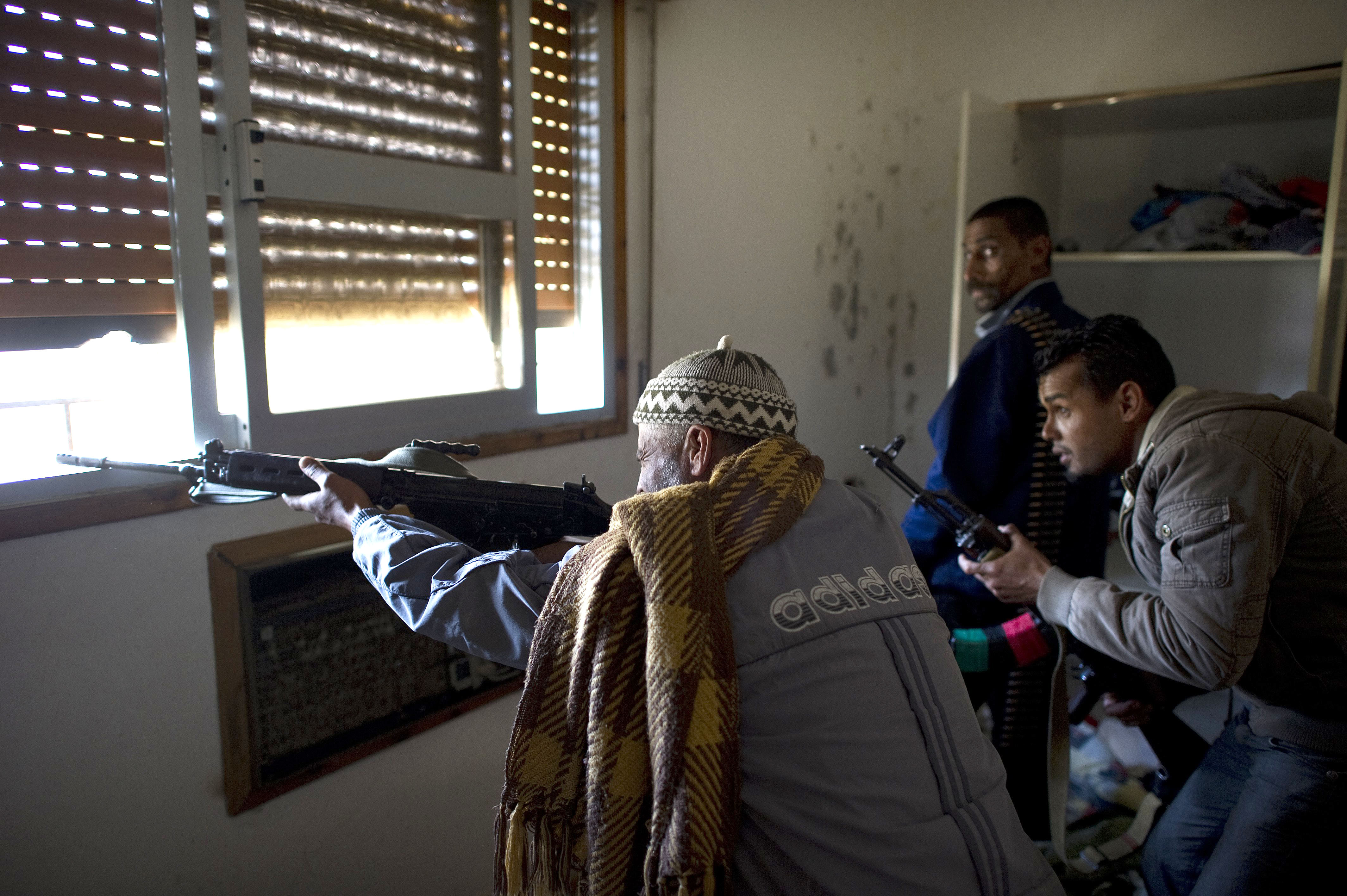
Sooner or later one of Muammar Gaddafi’s sons will sit down at the negotiating table with the rebels, Libyan expert Luis Martinez tells swissinfo.ch.
Western powers are struggling to break a deadlock in the two-month conflict. On Wednesday France and Italy announced that they were following Britain’s move to send small teams of military officers to advise rebels trying to topple Gaddafi.
Fighting between Gaddafi’s forces and rebels appears to have reached a stalemate in eastern Libya on a frontline just west of the strategic road junction at Ajdabiya. Further west, the rebels’ major stronghold, Misrata, has been besieged by government troops for more than seven weeks.
The conflict in Libya erupted two months ago, when protests against Gaddafi’s four decades in power turned into an armed uprising. Libyan officials say they are fighting armed militias with ties to al-Qaeda bent on destroying the country and deny that government troops are shelling Misrata.
Luis Martinez is a specialist on North Africa and the Middle East at the CERI research centre in Paris. He took part in a panel discussion on the Arab Spring uprisings hosted in Geneva on Wednesday.
swissinfo.ch: Nine weeks after the rebellion broke out, Nato air strikes have failed to halt the bombardment of Misrata and have not gone beyond evening the balance of power between Gaddafi’s troops and the rebels in the east. What’s your view on the ongoing military intervention?
Luis Martinez: The regime has 40 years experience of conflictual relations with the international community and Gaddafi’s capacity for adaptation is considerable.
France and Britain, which launched the first air strikes with the United States on March 19, have realised Nato’s limits and understand that a coalition of 10-15 countries faces constraints in trying to be effective in a place like Libya.
From a military perspective it’s difficult to know how things are going as information is being withheld. But the military decision not to destroy Gaddafi’s control centre in Tripoli shows that they want to keep open the possibility of political dialogue.
What is happening in Misrata also shows – deliberately – that any plans for a military conquest of Tripoli would end up in chaos and destruction and leave thousands of dead, making it impossible for anyone to claim victory.
swissinfo.ch: So the military stalemate is set to continue?
L.M.: The coalition should be happy with the fact that the territory between Tobruk and Benghazi is fairly safe, while there is a moving frontline between Ajdabiya and Brega and that pro-Gaddafi forces are aware that even a city like Misrata, which is close to Tripoli, hasn’t yet fallen. This means that the fighters defending the city are supported by the population there.
For the insurgents Misrata has turned into a kind of Stalingrad or Sarajevo, a martyr city, something which Benghazi could also have become, while for the pro-Gaddafi forces it’s a symbol of how Tripoli could end up.
swissinfo.ch: Libyan Foreign Minister Abdul Ati al-Obeidi said on Wednesday the regime is prepared to consider an interim government before elections six months after the conflict ends. Is a political solution on the horizon?
L.M.: A political outcome is not visible, but it’s the obsession of all governments involved in the coalition intervention. Each one knows that there will be no military victory in Libya: neither side will defeat the other. The choice made is a balance of forces rather than supremacy.
Sooner or later we’re going to find one of the Gaddafi sons sitting down at the negotiating table with the insurgents to work out the modalities of a ceasefire and guarantees that it is not violated.
These revolts [in the Arab world] will only turn out to have a sense if former enemies are brought back into society and forgiven rather than exterminated. South Africa is a daily reminder that when we are capable of living again politically with those who mistreated us we can make big steps democratically.
swissinfo.ch: How isolated is the Libyan regime? Does it still enjoy any international political or diplomatic support?
L.M.: Officially it has very few allies, but we see that a certain number of countries – Algeria, South Africa, China and Russia – are clearly favourable to the Gaddafi regime. They don’t want a “new Libya” built on the destroyed foundations of the former regime.
Certain countries in the region, especially Algeria, are very concerned about seeing the rebels turning into a trained army financed from outside as that reminds them of their own fragility if they were to face an internal uprising.
The first Swiss merchants settled in Libya at the end of the 19th century.
Switzerland recognised the new state immediately after Libya’s declaration of independence in 1951.
At that time there were about a dozen Swiss nationals living in Libya. Swiss geologists, technicians and other experts also settled in Libya as the oil industry in that country developed.
From 1962 onwards, the Swiss embassy in Tunisia represented Swiss interests in Libya.
In 1965 a consulate was opened in the Libyan capital Tripoli, and an embassy was opened in 1968.
The temporary detention of Hannibal Gaddafi in Geneva in mid-July 2008 led to political tensions between Libya and Switzerland.
The Libyan authorities reacted by taking measures against Swiss nationals and companies in Libya.
On February 23, 2010, one of two Swiss citizens who had been prevetned from leaving Libya was permitted to return to Switzerland.
The other was released on June 13, 2010 after serving a four month prison sentence for visa violations, and immediately returned to Switzerland.

In compliance with the JTI standards
More: SWI swissinfo.ch certified by the Journalism Trust Initiative

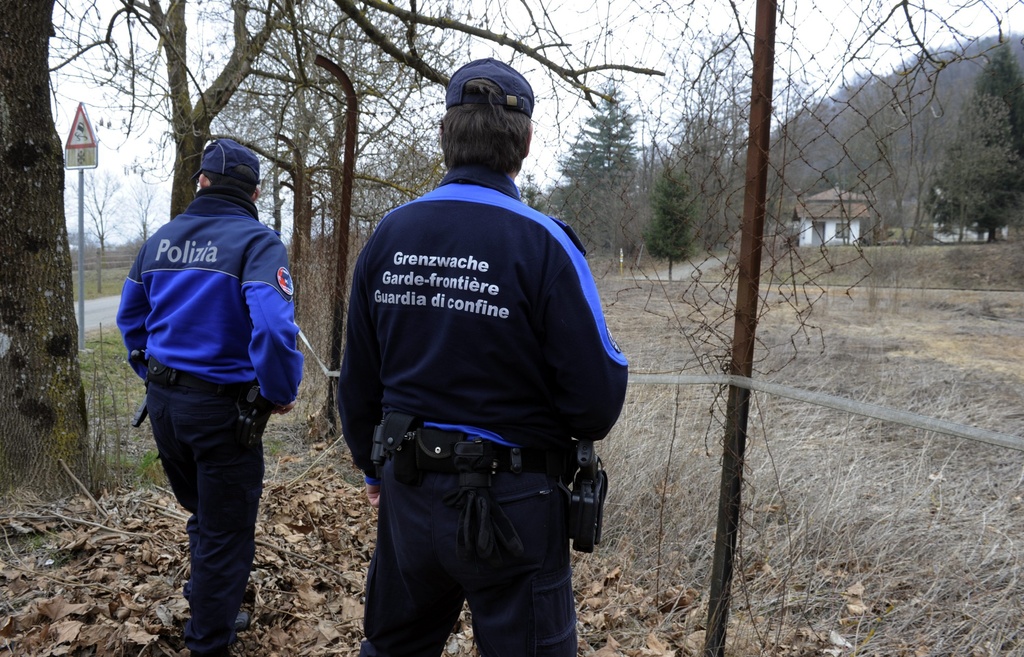
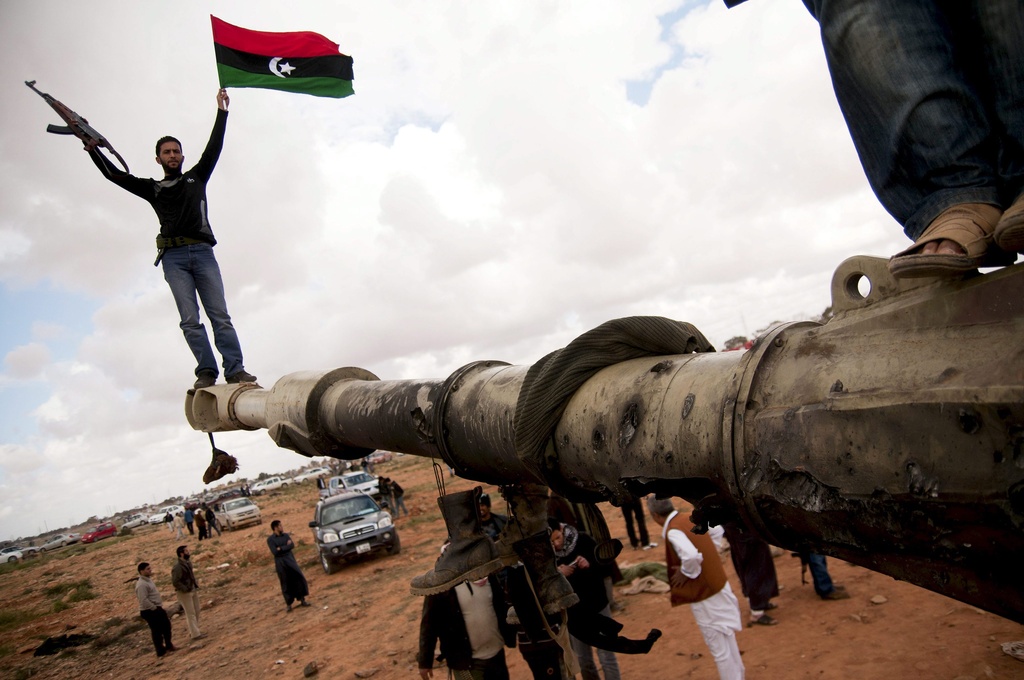
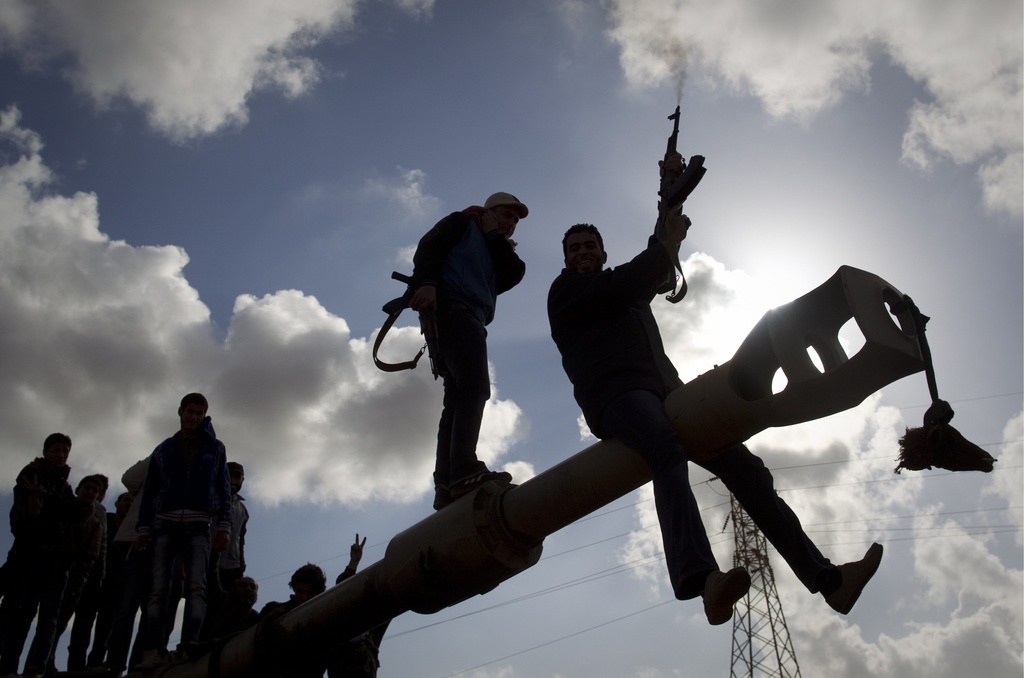
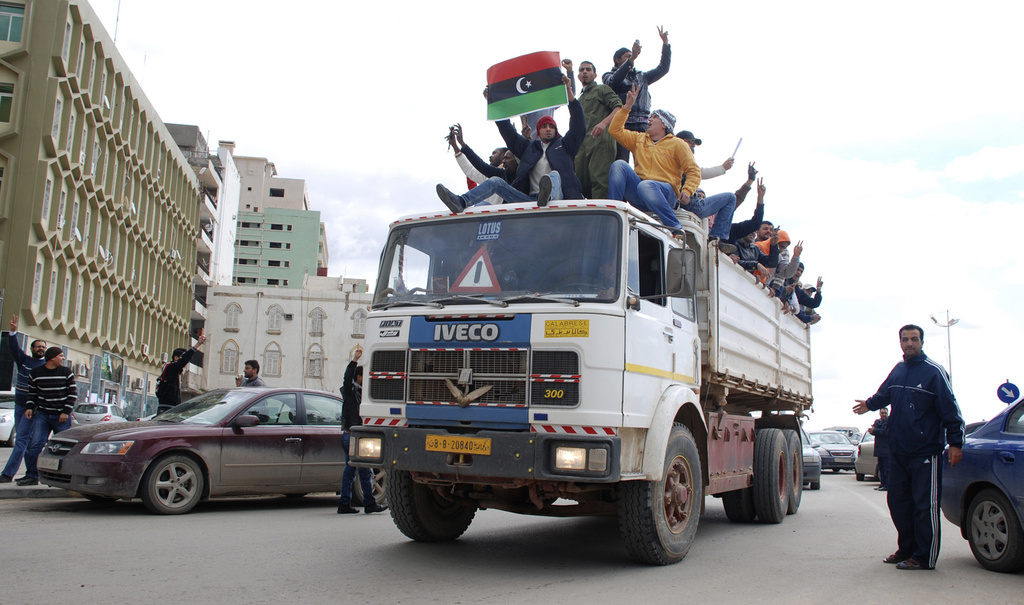
You can find an overview of ongoing debates with our journalists here. Please join us!
If you want to start a conversation about a topic raised in this article or want to report factual errors, email us at english@swissinfo.ch.